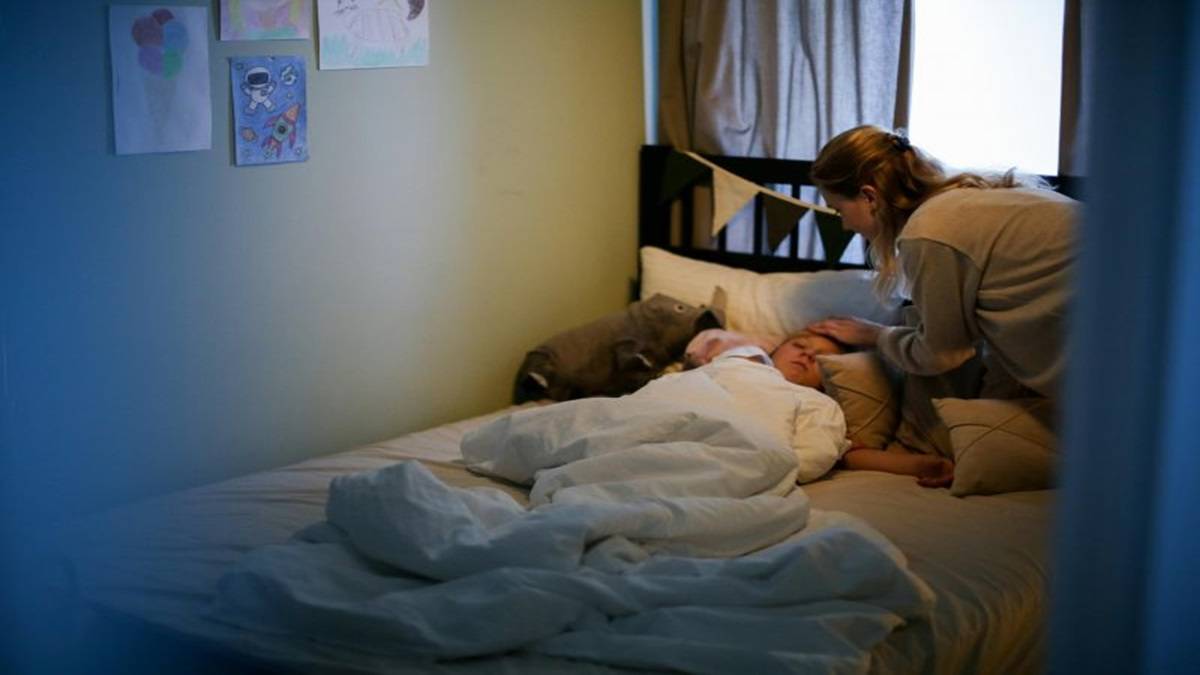University Of Melbourne Develops Blood Test To Diagnose Rare Genetic Diseases
Study in Australia: The newly developed blood test is expected to be used at the Victorian Clinical Genetic Services for diagnostic purposes.
Study Abroad: The University of Melbourne has joined forces with the Murdoch Children's Research Institute (MCRI) to develop a new blood test that can be used for diagnosing rare genetic diseases. The researchers of both institutes found that the blood test can be used to diagnose rare genetic diseases in children and babies. It offers families earlier access to treatment and also removes the requirement of expensive and invasive procedures.
While speaking on this, University of Melbourne Associate Professor David Stroud said, “A disease is rare if it affects fewer than 1 in 2,000 people and there are more than 7,000 different rare diseases, most of which have a genetic origin and many of these diseases are serious and progressive. If our blood test can provide clinical diagnoses for even half of the 50 percent of patients who don’t get a diagnosis through genome sequencing, that’s a significant outcome as it means those patients don’t have to undergo unnecessary and invasive testing such as muscle biopsies, which for a baby requires general anaesthetic and that doesn’t come without risks.”
Murdoch Children’s Research Institute Professor David Thorburn commented, “By providing patients and their families with a rapid clinical diagnosis, the patient has a greater chance at survival as they can begin treatment far sooner, if available. Even in cases where a child has died from an undiagnosed genetic disease, this new test can be carried out on tissue samples to determine the genetic mutation responsible for their death. Such diagnoses not only provide closure to families, but this information can also be used in IVF to help the parents to have future children who have not inherited the life-threatening disease.”
University Of Melbourne New Blood Test Details
This genome sequencing test is only successful for half cases. Though it diagnoses rare diseases, there are some drawbacks as it can take months or years for results. Also, there is no guarantee that the result will be declared.
University of Melbourne Associate Professor David Stroud said, “A disease is rare if it affects fewer than 1 in 2,000 people and there are more than 7,000 different rare diseases, most of which have a genetic origin and many of these diseases are serious and progressive. If our blood test can provide clinical diagnoses for even half of the 50 percent of patients who don’t get a diagnosis through genome sequencing, that’s a significant outcome as it means those patients don’t have to undergo unnecessary and invasive testing such as muscle biopsies, which for a baby requires general anaesthetic and that doesn’t come without risks.”
Read more:
Pick your stage and get free guidance from counsellors who've helped thousands get into top universities.
 Starting research
Starting research Shortlisting colleges
Shortlisting colleges Exam preparation
Exam preparation SOP/LOR writing
SOP/LOR writing Scholarship & finance
Scholarship & finance Visa application
Visa application

